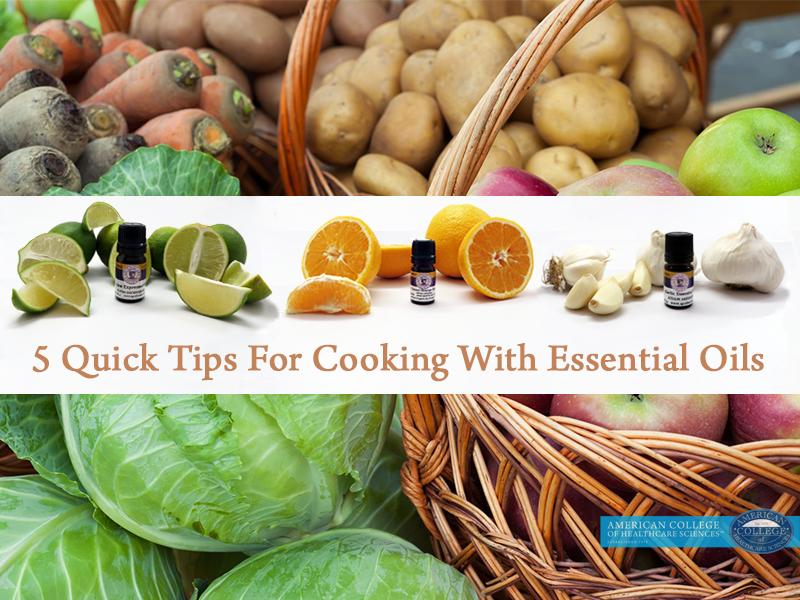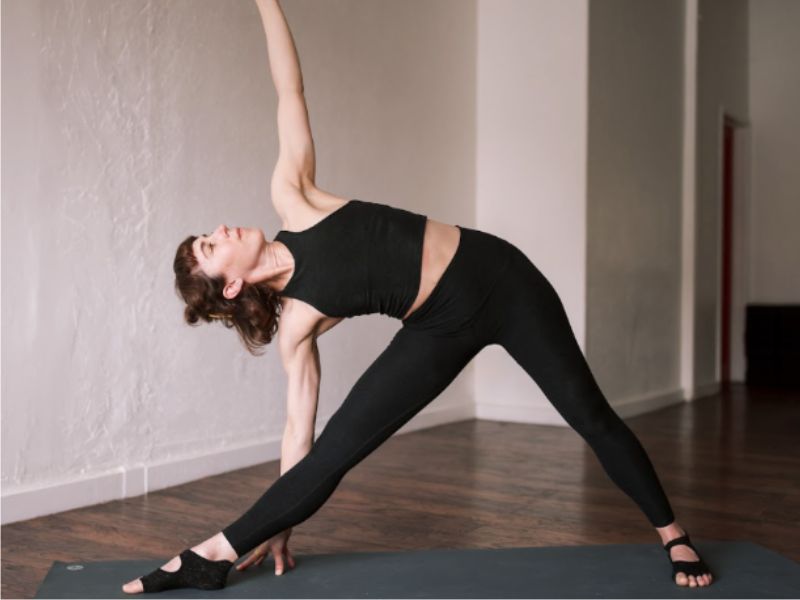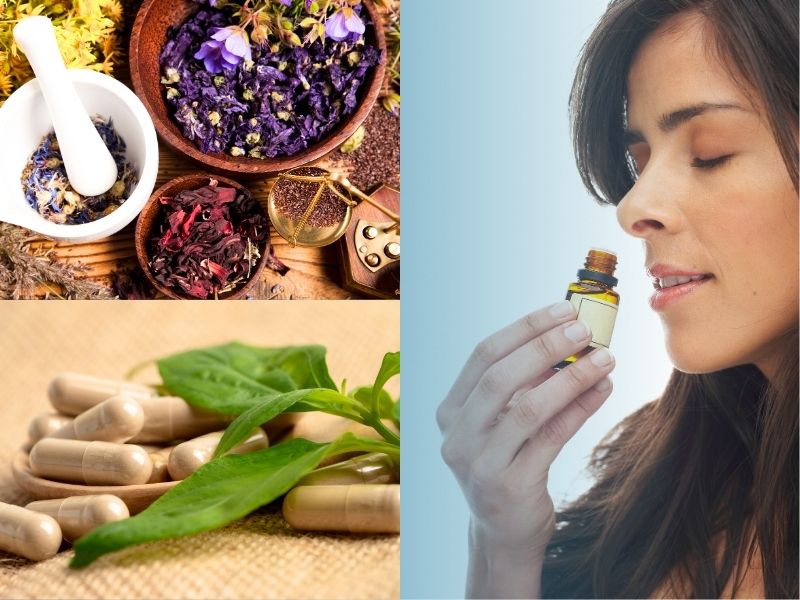Using essential oils in the kitchen will not only spice up your cooking… It’s also incredibly fun and an easy way to add flavor and flair to your recipes! But there are a few key things you should always keep in mind. We’ve just released a new eBook, Top 10 Culinary Essential Oils (follow this link to download your free copy!), so to celebrate, here is a sneak peek at some of my quick tips for cooking with essential oils:
Tip 1 – Use Certified Organic essential oils
When cooking with essential oils, I like to live by the same principle I use for choosing produce: use only Certified Organic, or at the very least, pesticide-free essential oils. Once you’ve determined that your oils are of the highest quality and suitable for internal use, you can rest easy knowing there are no hidden chemicals and additives lurking in your culinary masterpiece.
Tip 2 – Start small and add to taste
Start with a very small amount of essential oil, and then continue to add drops until you’ve reached the desired taste. Remember, it’s always easier to add more, and it can be difficult to adjust your recipe if you add too much.
When adding culinary essential oils, don’t hold the bottle directly over the pot or pan you’re cooking with. Instead, add your essential oils to a measuring spoon held over a cup (so you don’t lose any oil if you over pour).
Tip 3 – Use appropriate measurements for baking
All bakers know that baking is both an art and a science. You have to get the measurements just right or you could wind up spoiling your dish.
For most of my baking recipes, I start with 1-2 drops of essential oil(s) and then taste. Again, use the trick of adding your essential oils into a measuring spoon over a cup so you don’t accidentally add too much to your mix.
Tip 4 – Add essential oils toward the end of cooking
When it makes sense for the recipe, I find that I achieve the best (and tastiest) results when I add my essential oils toward the end. This helps keep the oil and delicate flavors—from essential oils such as lemon Citrus limonum (Risso)—from evaporating away! I love to add a drop of lemon to my fish dishes!
Tip 5 – Experiment and have fun!
Now I have to admit, I am not the biggest fan of cooking. That’s one reason I love the versatility of essential oils: when I use them in the kitchen, they add a splash of pizzazz to quick and easy recipes.
Make cooking with essential oils a family activity! Have the kids gather and add the oils or even taste test your recipe with essential oils while you’re cooking. (But remember: always keep essential oils out of the reach of children.)
Experiment with different types of culinary essential oils. You never know: maybe you’ll discover some new essential oils or find a new, unique recipe for a long-time favorite (did you know that basil Ocimum basilicum (L.) is great to mix with strawberries in dessert recipes?).
Get cookin’!
Now that you have these quick tips for how to cook with essential oils, you’re ready to get in the kitchen and start having fun! Need some ideas to get started? Get your free copy of our new eBook, Top 10 Culinary Essential Oils (which includes some gourmet culinary oils like anise and bay).
Download it onto your mobile reading device or print it out so you can have it right there with you in the kitchen! Then don’t forget to share your favorite recipes with essential oils in the comments.
Bon appétit!
This article is for informational purposes only. It is not intended to treat, diagnose, cure, or prevent disease. This article has not been reviewed by the FDA. Always consult with your primary care physician or naturopathic doctor before making any significant changes to your health and wellness routine.



